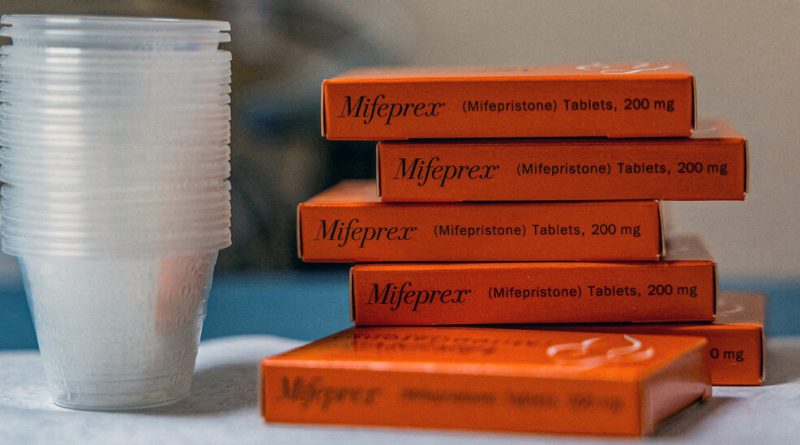12 States Sue F.D.A., Seeking Removal of Special Restrictions on Abortion Pill
The F.D.A. declined to comment on the new case, saying it does not discuss pending litigation.
In the Texas lawsuit, anti-abortion groups claim that the F.D.A. improperly approved mifepristone and ignored safety risks. In a filing in that case, the F.D.A. disputed those claims and said that revoking its drug approval would “cause significant harm, depriving patients of a safe and effective drug that has been on the market for more than two decades.”
The filing on Friday was led by the attorneys general of Washington and Oregon, who were joined by their counterparts in Arizona, Colorado, Connecticut, Delaware, Illinois, Michigan, Nevada, New Mexico, Rhode Island and Vermont. The suit takes aim at a special framework of restrictions and monitoring that the F.D.A. currently applies to only about 60 drugs. Called a Risk Evaluation and Mitigation Strategy, or REMS, it has applied to mifepristone for about a dozen years.
Initially, it was considerably more restrictive than it is now, with rules requiring that patients obtain mifepristone in person from a health care provider, although they could take the drug on their own at home or anywhere they chose.
In recent years, the F.D.A. has extensively reviewed new data on mifepristone and lifted several of the restrictions, including the in-person requirement. It now allows the drug to be sent to patients by mail and recently authorized retail pharmacies to dispense the medication if they become specially certified.
The agency’s remaining special requirements for mifepristone are that patients sign an agreement attesting that they have chosen to take the medication to terminate a pregnancy. Providers and pharmacies must become certified, which is not difficult but involves certain administrative and logistical steps.
Ms. Beneski said the certification requirements and the agreement that patients must sign are burdensome, project an erroneous sense that the medication is unsafe and have deterred many providers who would otherwise prescribe mifepristone, limiting access to medication abortion. The requirements, which generate lists of certified providers, also make providers worry about their privacy in a political environment where, she said, “they are really concerned about being targets of violence and harassment.”
“We are not arguing that the F.D.A. should not have approval authority over mifepristone, only that the REMS system is unnecessary for this drug and poses unnecessary risks to providers and patient in the current legal landscape,” Ms. Beneski said. “Those risks are real, and need to be addressed.”
Sahred From Source link Health



